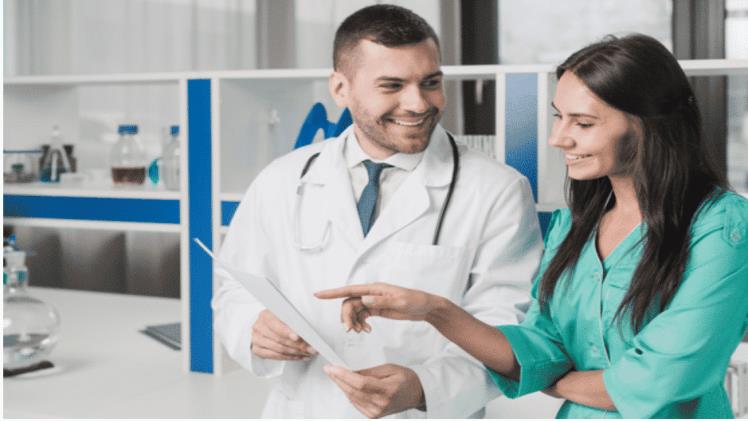The best way to keep your clinic healthy is by keeping it clean. You should be taking care of your clinic year-round, but there are some special times when you need to take extra precautions, such as clinical waste. Here are some tips for maintaining a healthy clinic.
Sterilize contaminated items
Once you have determined that an item is contaminated, it is important to sterilize it. The most effective way to do this is by running the item under hot water or steam and then letting it dry before use. This will kill any bacteria on the surface of the item, but it won’t remove stains or debris that may still be inside it.
You should also clean items with soap and water before sterilization if they are particularly dirty. You can use bleach as well; however, this can discolour certain fabrics over time, so try a milder solution first and work up from there if needed. You’ll know when something needs a stronger cleaning solution because your hands will smell like bleach after touching it—a good indicator that there’s still some dirt left behind!
Dispose of sharps
Dispose of sharps and other potentially infectious clinical waste in a red sharps container and follow the instructions for your area. Some states require you to store biohazardous waste for seven days before disposal; others require you to bring it back to the office, where you can then dispose of it. To be on the safe side, call your local environmental health department or state health department for guidance about what rules apply in your area.
Recycle
It’s true that it takes more energy to recycle a product than it does to simply throw one away, but there are plenty of reasons why this is the right thing to do. First of all, recycling your products and packaging helps cut down on the amount of trash in landfills and oceans. Second, it reduces your overall cost by saving on trash disposal fees. Third and finally, people like you who recycle show that they care about preserving our environment for future generations—and that’s pretty awesome!
Compost
Composting is a great way to reduce waste and also can reduce the need for landfills. Composting involves a process in which organic materials are converted into nutrients that can be used by plants, such as grass and flowers. This is done by mixing and heating those organic materials with other ingredients such as manure or soil; the end result is compost which has many uses in the garden or flower beds surrounding your clinic.
Composting can be done at home or at your clinic. Either way, it is an easy way to recycle organic materials like food scraps from your kitchen into something useful!
Reduce and reuse
To reduce your waste output, you’ll need to think about product packaging and how much you’re throwing away. The first thing to do is look at what the product is made of. If it’s glass or metal, those can be reused or recycled. If the package is plastic, that’s not as easy to recycle because it requires different machinery than most curbside recycling programs have.
If any excess materials in a box or package can’t be reused or recycled, compost them instead of throwing them in the trash!
Conclusion
With the above-mentioned tips, you will be able to take the right steps in maintaining your clinic the right way and ensuring that you have a safe workplace.

